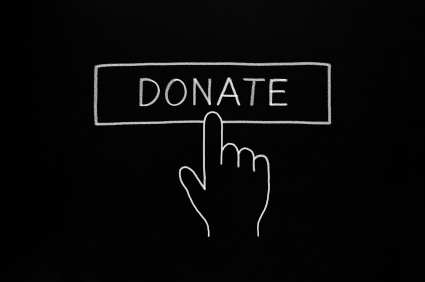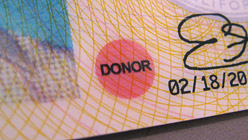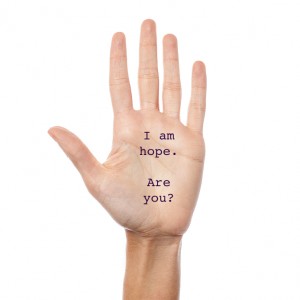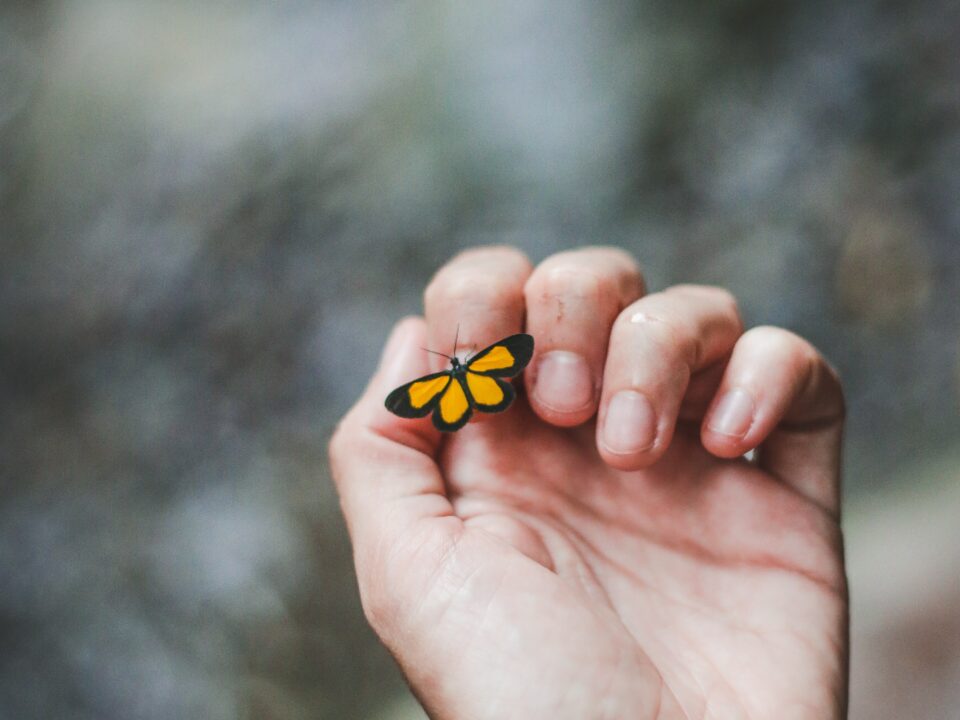Life Donation – Your Questions Answered
April marks Organ & Tissue Donation Awareness Month and I would venture to guess that most of us are pretty unaware of this life saving act. I’m hopeful that by the time you finish reading this, you will know more than you did before.
Most of us know that organ donation saves lives – we hear about it in the media & some of us know someone who has benefited from this most amazing gift. But did you know that lives are saved and enhanced by TISSUE donation as well? A tissue donation can consist of skin, bone, cartilage, connective tendons and ligaments and up to 50 people can be helped with just 1 gift.
How amazing is that? I never knew about tissue donation until my ex-husband’s first motorcycle accident. He received cadaveric bone grafts in his arm. With his second accident, he received cadaveric bone grafts in his leg. Thanks to these generous donations, he was able to keep his limbs maintain his normal range of motion, continue with his daily activities & make a full recovery. Skin donations allow burn & accident victims to recover more quickly & thoroughly by providing a much needed barrier to prevent infection. It allows babies who are born with cleft palates and receive this tissue, a chance that the gap will close and heal effectively and the external disfigurement will only be slight. Cartilage donations restore mobility & corneal donations restore sight. Tendon and Ligaments allow reconstruction for athletes to continue playing sports and not be permanently handicapped from previous damage due to injury. AMAZING!
I reached out to my dear friend Adena Evans, CTBS of Genesis Tissue Services to answer some questions & promote awareness of organ & tissue donation.
(Me!) Carrie – “What misconceptions about donation would you like to dispel?”

Hand clicking Donate button drawn with white chalk on blackboard.
Adena – “Most organized religions support donation. Procuring the donation is done with complete respect for the donor & any special requests by the family for personal or religious beliefs are honored. Also, organs cannot be sold. They are considered a gift according to the Uniform Anatomical Gift Act which prohibits buying, selling or trading organs and/or tissue. Also, not everyone is a suitable donor – there are strict screening & testing guidelines for potential donors set forth by the FDA to protect the recipients. Donations & procurement companies are highly regulated by the Federal, State and Local Governmental agencies, and include strict guidelines set forth by; United Network for Organ Sharing, Organ Procurement Organizations, American Association of Tissue Banks and Eye Bank Association of America.”
Carrie – “If the donations can’t be used in their whole form for direct transplant, what happens to them?”
Adena – “Donors that have given their expressed consent to donate have the opportunity to have that gift utilized for maximum benefit. If the donor is found to be unsuitable for transplantation the gift of authorized organs and tissue can be used for the purpose of education development and/or scientific research.
They have the technology to compound bone tissue to make into powders or injectable liquids that can repair or enhance a recipients own bone structure to support as well as promote healing, while fighting infection or disease at the same time.
Those donations that were not found to be suitable for transplantation made these medical improvements possible through education and research. Processors, scientists and doctors developed life saving techniques through the generous act of kindness and the willingness to participate in Donate Life and GIVE this GIFT to others.
Carrie – “How do you become a donor?”
Adena – “Easy. By registering as a donor with any of the major donation organizations.

Photo: KQED News
There are currently 11 million registered donors on donatelifecalifornia.org & each state has their own official registry. You can register with the Department of Motor Vehicles when you get your CA State drivers license or Identification Card. Having the pink sticker on your driver’s license is a great start, but registering as a donor is crucial. Each registered donor’s family is respectfully consulted on their loved one’s desire to donate. But, ultimately the decision is theirs. Every registered donor must let their family know of their wishes to be a donor so that their decision is supported if & when the time comes. It takes the burden away from the family should they not fully understand your desire to want to donate and help others. Communication with family is the key in having your final wishes fulfilled.”
\\\

Photo Courtesy of ©iStockphoto.com/stockyimages
I am a big fan of organ & tissue donation- not only as someone who has personally benefited from it but as a humanitarian. We aren’t limited to just donating money, useful things or our time to help others, we can donate LIFE. I know that if I needed a donation, I would accept it with all the gratitude that is within me. And in return, I want to offer all that I have, all that I AM, to help & save others. Won’t you please join me?
|| what do you think?
How do you feel about organ & tissue donation?
Have you or a loved one benefited from a donation?
Please share your thoughts & feelings on organ & tissue donation. Thank you!





46 Comments
Hi Carrie
Interesting topic and I know that you know more about it than anyone here. I know that those who have not previously made that decision need to make it quickly, once the death has occurred so the tissue will be fresh and as healthy as possible, correct?
So important to know that even in death we can help others live better..
Love you
Anne
Hi Carrie….Thank you for shedding some light on organ and tissue donation….It is amazing to think how many lives can be touched by one person….a thought for all of us to think about….thanks, Mark
I didn’t realize the extent of parts availability & usage. What a wonderful way to help someone. The medical community is making great strides in being able to use the different donations. Many people have benefitted from someone else’s generosity. Thanks for keeping the rest of us informed.
Mitch